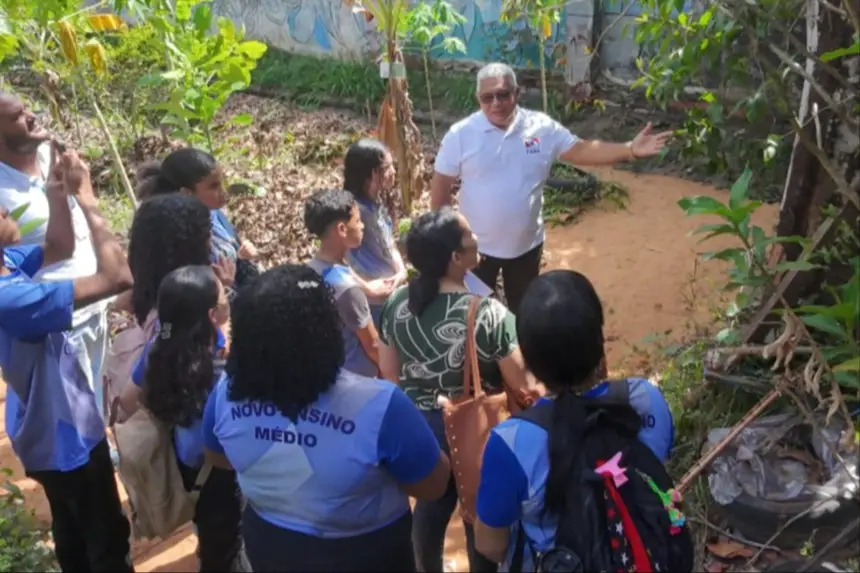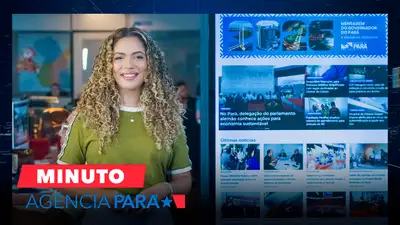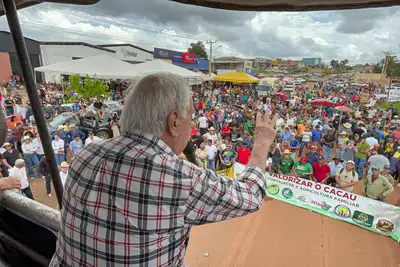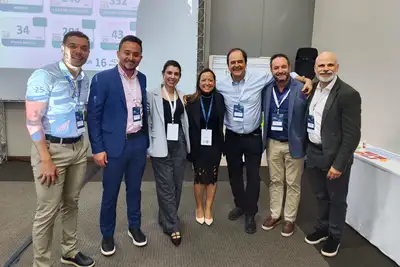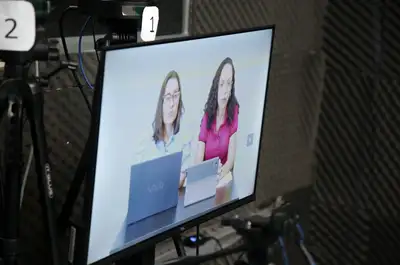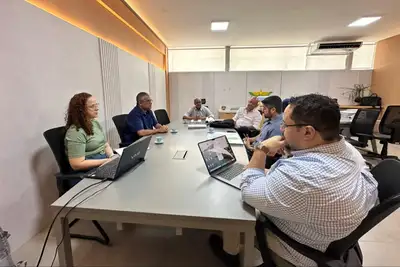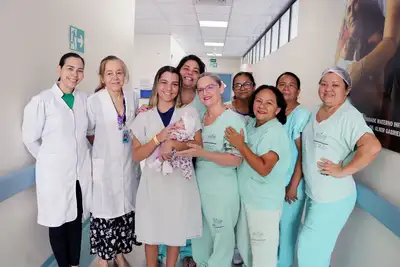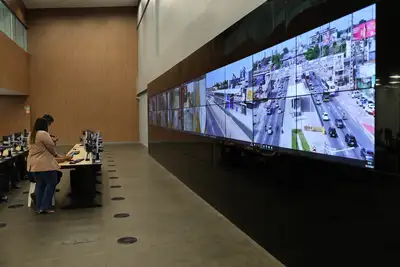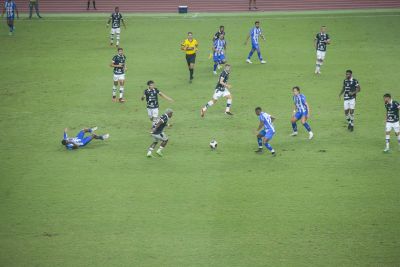Socioeducators from Fasepa learn about the environment and the cultivation of medicinal plants and fruit trees
The initiative was made possible through a partnership with the Ruth Rosita State School, which already develops an environmental education project focused on the production of repellents made with andiroba.
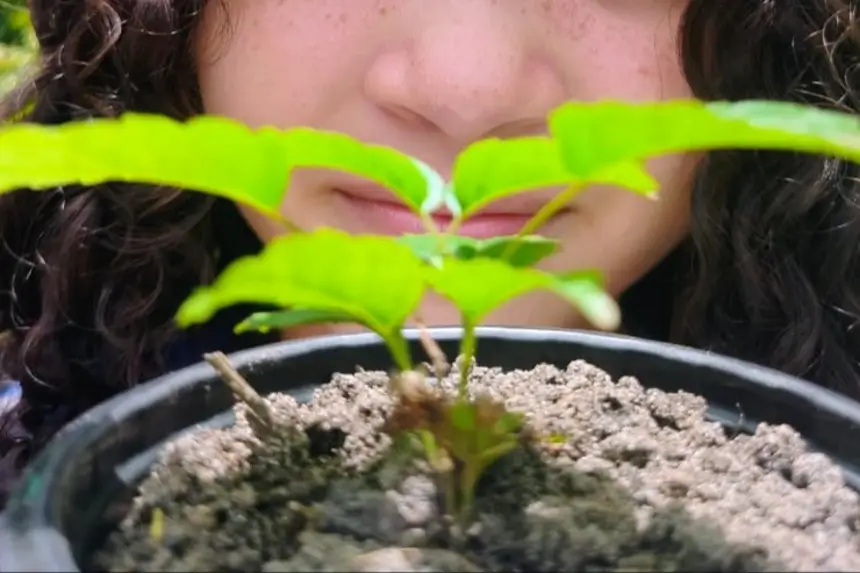
On the morning of this Wednesday (24), the Pará Socioeducational Service Foundation (Fasepa), in Belém, received teachers and students from the Ruth Rosita State School of Elementary and Secondary Education, from the Guamá neighborhood, for a presentation of an environmental education project involving the production of repellents made from andiroba. Through a partnership between the two organizations, the initiative will extend to the socioeducators of Fasepa, providing theoretical and practical learning about the environment and cultivation techniques for medicinal plants and fruit trees.
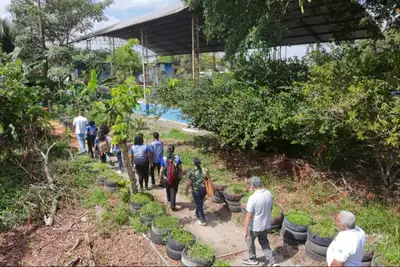
The project, which will be implemented at the Sports and Cultural Complex (Apoena) of Fasepa, will have the support of teachers and students from the school. The proposal encourages socioeducational leadership in practical actions related to sustainability, uniting science and Amazonian tradition. The products developed by the project are based on andiroba and oil with medicinal and anti-inflammatory properties. The Agroforestry System (SAF) of Fasepa already has plantations of the species, and from now on, they will be transformed into Amazonian cosmetic products, promoting sustainable entrepreneurship, teamwork, and knowledge exchange.
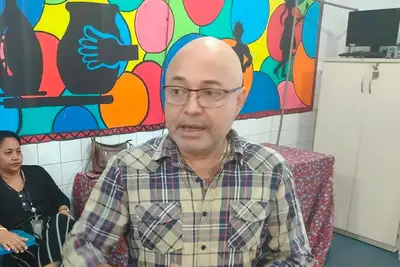
For André Brito, manager of the Apoena Sports and Cultural Complex, the partnership with the educational institution provides socioeducators with a moment of collective learning. “The project offers young people an enriching exchange of knowledge, which will make a total difference for the pedagogical and educational character of the actions developed within the socioeducational system, adding knowledge and expanding new learnings for young people in deprivation of liberty,” highlighted the manager.
During the program, a technical visit was made to the Agroforestry System (SAF), led by the coordinator of the Agroforestry System of the Apoena Complex, Damásio Alves, and technician Luiz Paraguaçu, who presented the space to the young people and teachers. Continuing the program, the social worker and technician from the Socioeducational Service Directorate (DAS) of Fasepa, Alessandra Oliveira, presented the institution and a proposal to be executed at Fasepa, which will have as its theme, “Agroforestry System and Sustainability in Socioeducation,” involving strengthening themes about the environment, debate on the climate crisis, degradation of fauna and flora, and the urgency of change in the relationship between humans and nature.
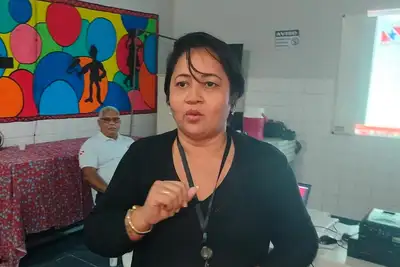
Alessandra Oliveira explained that the andiroba plantation of the complex was of great interest to Ruth Rosita school, allowing for a moment of information and strengthening experiences exchange. “This action aligns with one of Fasepa's objectives, which is to work on this integration with the community, in addition to an opportunity to showcase what is developed within the socioeducational system,” said Alessandra.
The program also included discussion circles and workshops related to the environment, with practical and theoretical knowledge, providing moments of awareness and environmental guidance to the socioeducators, staff, and the educational institution.
For Zaira Freitas, a student from Ruth Rosita school, visiting the space made it possible to perceive how welcoming the environment of Apoena is and how dedicated the staff is to offering the best to the young people. “Seeing the projects developed here, I was able to see up close the opportunities that are offered, and this is very important because everyone has the right to receive a new opportunity, a second chance,” said the student.
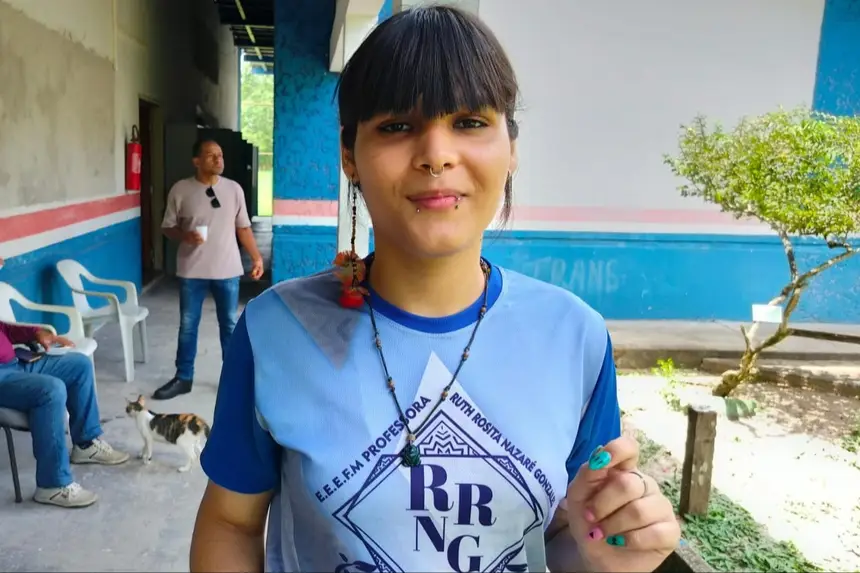
The activities developed by the Agroforestry System of Apoena contribute to the formation of environmental awareness, encourage the mobilization of groups for relevant environmental issues, and promote sustainable entrepreneurship. Even in contexts of deprivation of liberty, young people participate in actions and courses that expand knowledge and promote social transformation through socioeducation.
Text: Enzo Brito, journalism intern, under the supervision of journalist Dani Valente (Ascom Fasepa)


